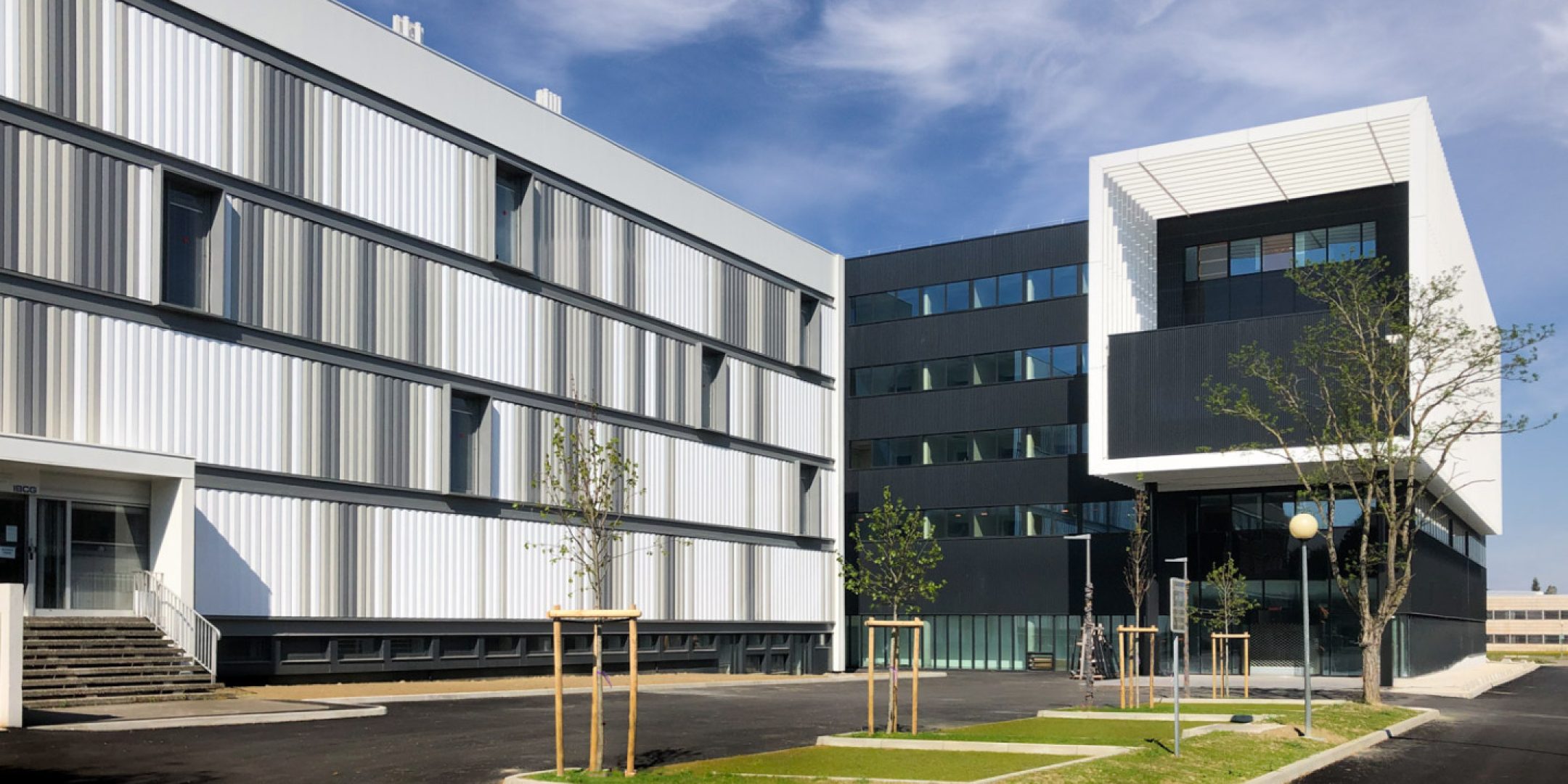The Centre for Integrative Biology of Toulouse launches its annual call for the recruitment of new group leaders, focusing this year on microbiology.
The Centre for Integrative Biology of Toulouse (CBI) regroups five research departments in the Biological Sciences at the University of Toulouse and the French National Centre for Scientific Research (CNRS). It is located in Toulouse, southwest France, on the main Campus of the Université Toulouse III-Paul Sabatier, which offers a multidisciplinary education in the fields of science, health, engineering, and technology, representing one of the most important scientific research clusters in France. Since 2020, CBI benefits from a new building on the campus, in line with its expansion policy.
The CBI currently brings together more than 400 scientists in 40 internationally recognized research groups, performing research in fundamental aspects of the structure and function of complex biological systems. Research at CBI covers all scales from individual molecules to the whole organism, groups and animal societies. It is multidisciplinary, combining a wide range of research fields from genetics, epigenetics and RNA biology to microbiology, cell biology, chromatin / chromosome dynamics, developmental biology, neurobiology, collective animal behavior, as well as computational and systems biology.
In order to reinforce its research endeavors in an inspiring and collaborative environment, the CBI is currently seeking new talented group leaders in microbiology.
All basic research projects are welcome. Particular attention will be given to:
- Integrative approaches addressing fundamental questions in molecular and cellular microbiology, with emphasis on the use of Cryo-Electron Microscopy, post-genomics approaches and/or live cell imaging.
- Interactions between microbes in complex communities (including bacteriophages) and between microbes and their hosts in pathogenic or mutualistic conditions;
- Molecular mechanisms, physiology and evolution of resistance, tolerance and persistence to antibiotics;
- Quantitative and computational biology of microbes: Systems biology and modelling applied to the physiology of bacteria and their viruses.
Tentative calendar
May-June: Preselection of candidates
Late June-Early July: In-person interview of preselected candidates by an international selection committee
Early July: Outcome of the selection process

